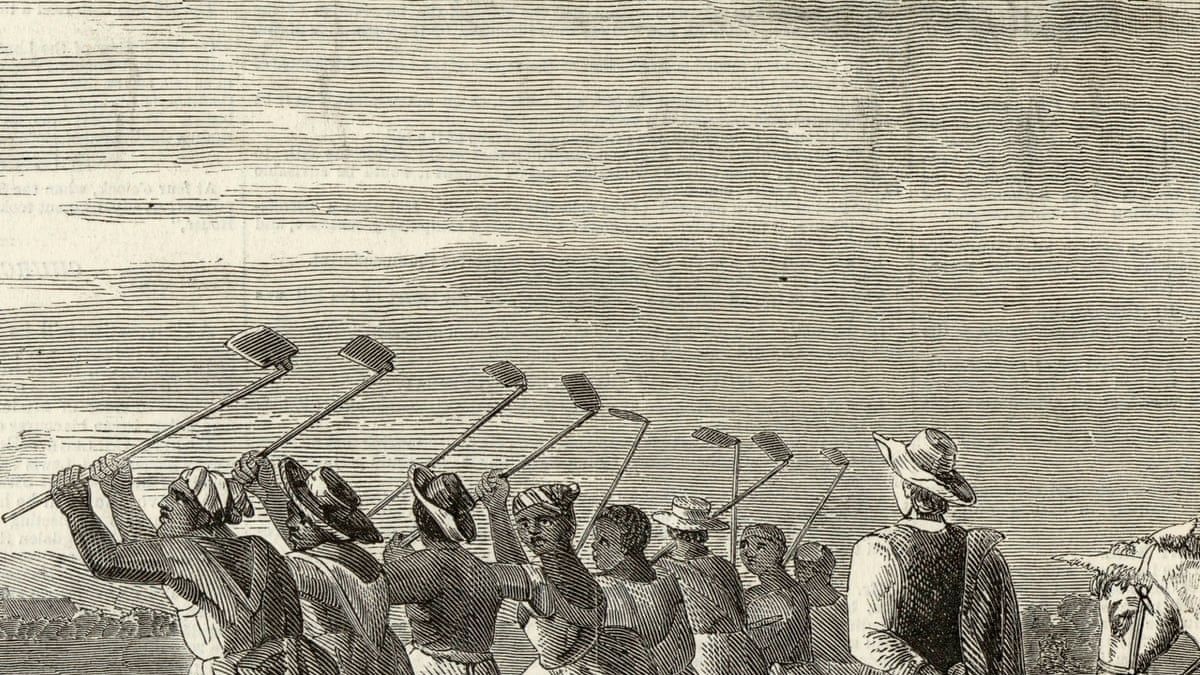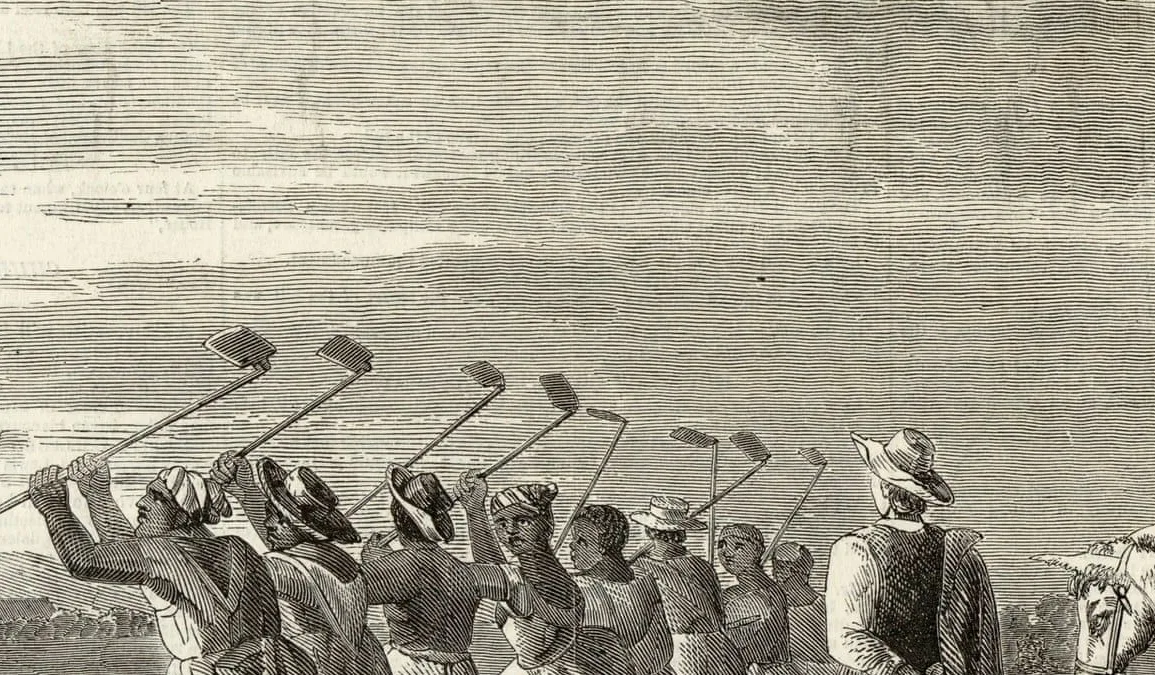
In a poignant ceremony held in Kumasi, Ghana, the long-awaited homecoming of seven royal artifacts looted by British colonial forces 150 years ago marked a significant milestone in addressing historical injustices. As the global community grapples with the legacy of the transatlantic slave trade, this act of restitution serves as a powerful reminder of the unresolved question of reparations.
A Legacy of Oppression
The transatlantic slave trade, which spanned over 400 years, resulted in the forced migration and enslavement of millions of Africans. Britain’s role in this dark chapter of history is undeniable – the nation’s ships transported more than 3 million enslaved individuals across the Atlantic. The abolition of slavery in 1833, however, did not bring an end to the suffering of those affected.
A staggering £20 million was paid to British plantation owners as compensation for the loss of their ‘property’ – the enslaved Africans who had been emancipated. This amount, equivalent to approximately £1 billion today, was funded through government loans, which the British taxpayers only finished repaying in 2015. The descendants of the enslaved Africans, whose unpaid labor built the wealth of the British Empire, received no such compensation.
A Call for Justice
The injustice of this historical payment continues to reverberate through generations, raising questions about the moral and financial obligations owed to the descendants of enslaved Africans. As calls for reparations grow louder, the British monarchy, including King Charles, faces increasing scrutiny for their ancestors’ participation in the transatlantic slave trade.
In a recent interview, Dr. Onyeka Nubia, a historian and the founder of the Black British Academics think tank, stated, “The enslavement of African people was based on racism and chattel enslavement, a form of slavery unparalleled in human history. The British monarchy, including King Charles’s lineage, were directly involved in the transatlantic slave trade.”
Dr. Nubia further emphasized, “The demand for reparations is not just about money; it’s about acknowledging the wrongs committed and taking concrete steps to address the systemic inequalities that persist today.”
A Path Forward
While the return of the seven royal artifacts to Ghana’s Asante kingdom represents a small step towards addressing historical injustices, it also underscores the need for a broader conversation about reparations. As the global community continues to confront the legacy of the transatlantic slave trade, the question remains: will the descendants of enslaved Africans finally receive the compensation they deserve?
As the echoes of history continue to shape the present, the world watches with bated breath, hoping that the spirit of restitution embodied in the return of the Asante artifacts will pave the way for a more just and equitable future.
The long-awaited homecoming of the seven royal artifacts to Ghana’s Asante kingdom serves as a powerful reminder of the historical injustices perpetrated during the transatlantic slave trade. As the debate on reparations intensifies, the British monarchy, including King Charles, faces growing scrutiny for their ancestors’ involvement in the enslavement of millions of Africans. While the return of the artifacts marks a significant milestone in addressing these historical wrongs, the question of financial reparations for the descendants of enslaved Africans remains unresolved.
The legacy of the transatlantic slave trade, which saw the forced migration and enslavement of millions of Africans, continues to cast a long shadow over the global community. The £20 million compensation paid to British plantation owners following the abolition of slavery in 1833 only serves to underscore the moral and financial obligations owed to the descendants of those whose unpaid labor built the wealth of the British Empire. As the world grapples with this unresolved question of reparations, the return of the Asante artifacts offers a glimmer of hope that the spirit of restitution will ultimately prevail.


